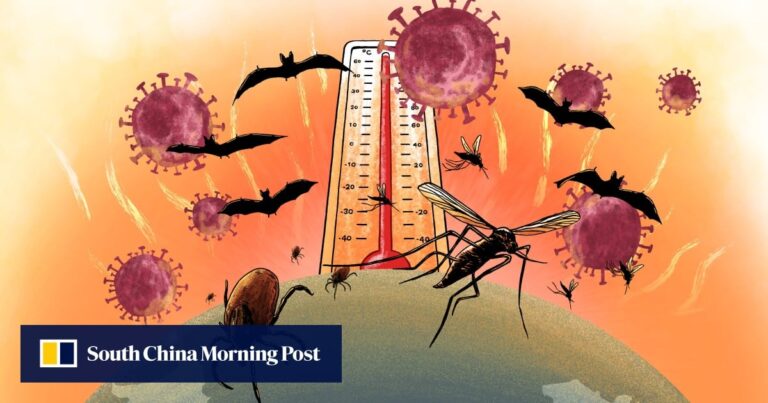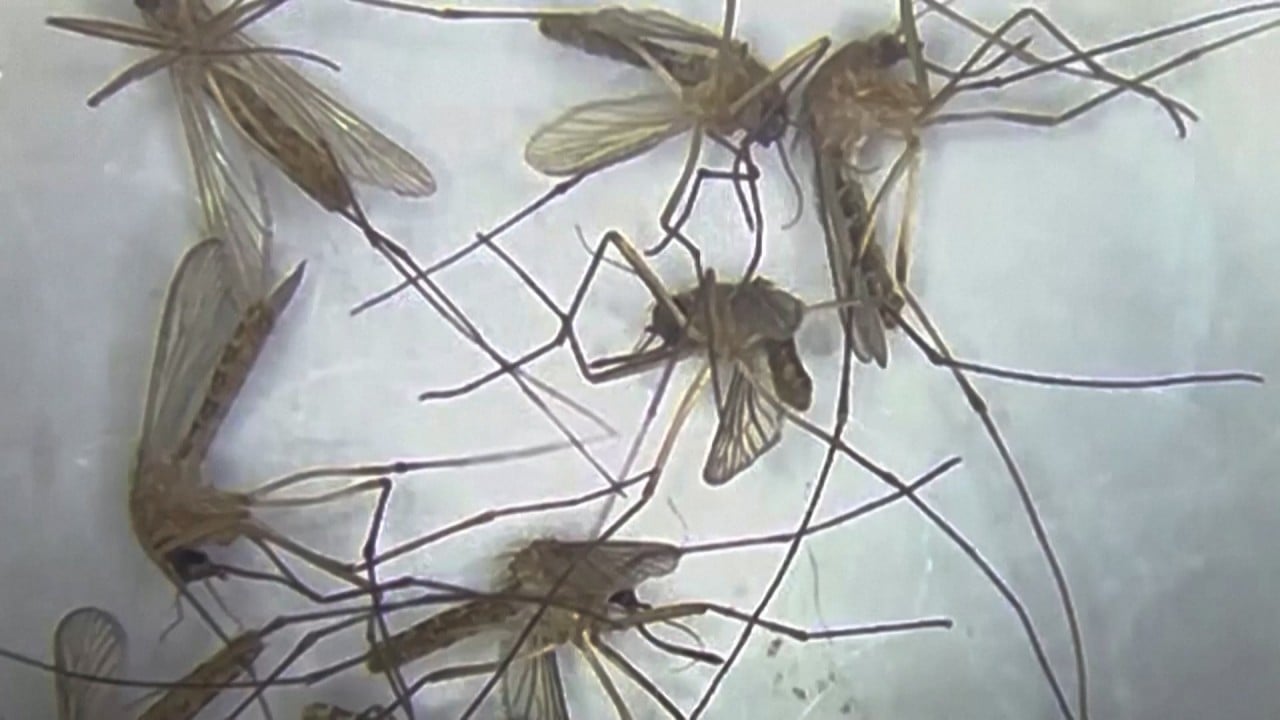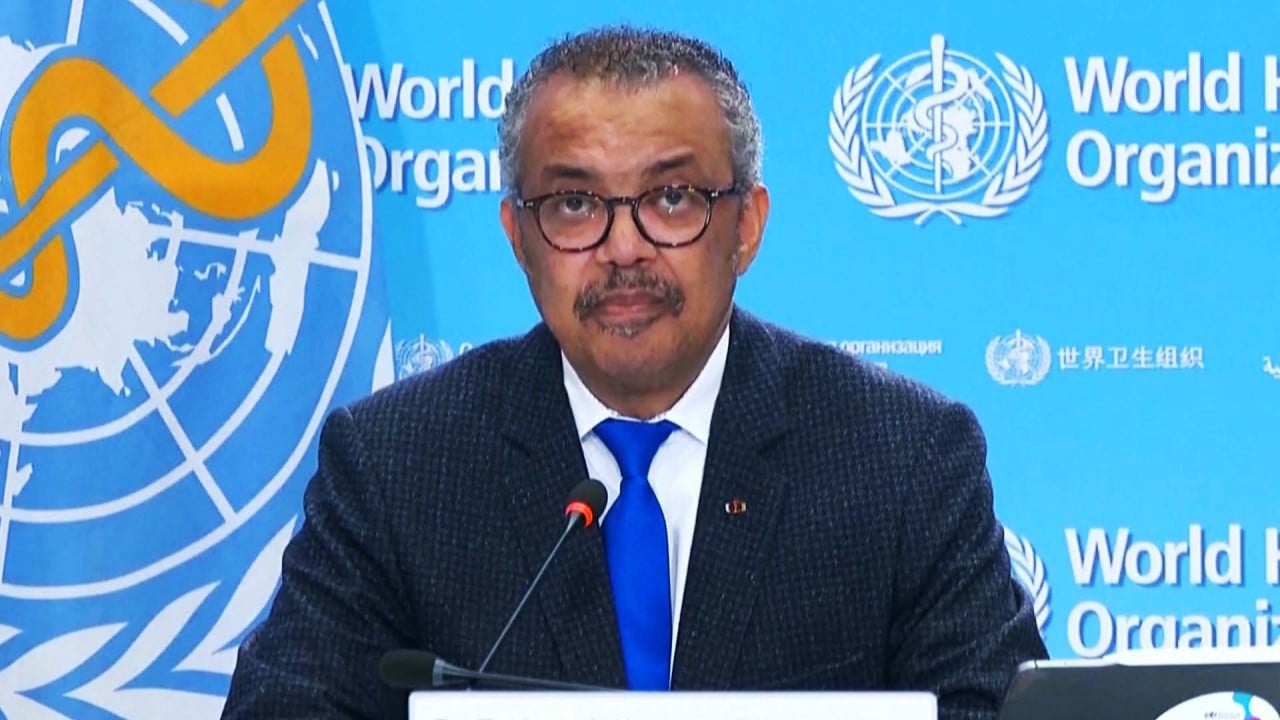He has published hundreds of papers in the fields of public health and infectious diseases. But now he’s embarking on a new initiative to address the intersection of two growing threats: climate change and infectious disease.
Research investigating this relationship “will receive increasing attention globally,” he said.
As the Earth’s climate changes, including the expansion of tropical areas, the way pathogens evolve and mutate is also changing.
A study published in the peer-reviewed journal Journal of Geophysical Research: Atmospheres in 2020 found that sea surface warming in subtropical regions is expanding the width of the tropics.
“It has been expanding northward from near the south, more tropical areas, and is now starting to spread into the Yangtze River basin. So we can now detect dengue fever even in the Yangtze River basin,” Zhang said. .
The World Health Organization (WHO) said climate change will affect the spread of vector-borne diseases such as malaria in coming decades due to changes in global temperatures and precipitation patterns.
It is hypothesized that the coronavirus pandemic spread from bats to humans, and the range of bats is also expanding.
“So the work we’re doing now is actually geared towards the next pandemic.”
But more data will be needed before countries can work together to develop global disease control agreements and strategies to rapidly respond to other global pathogens.
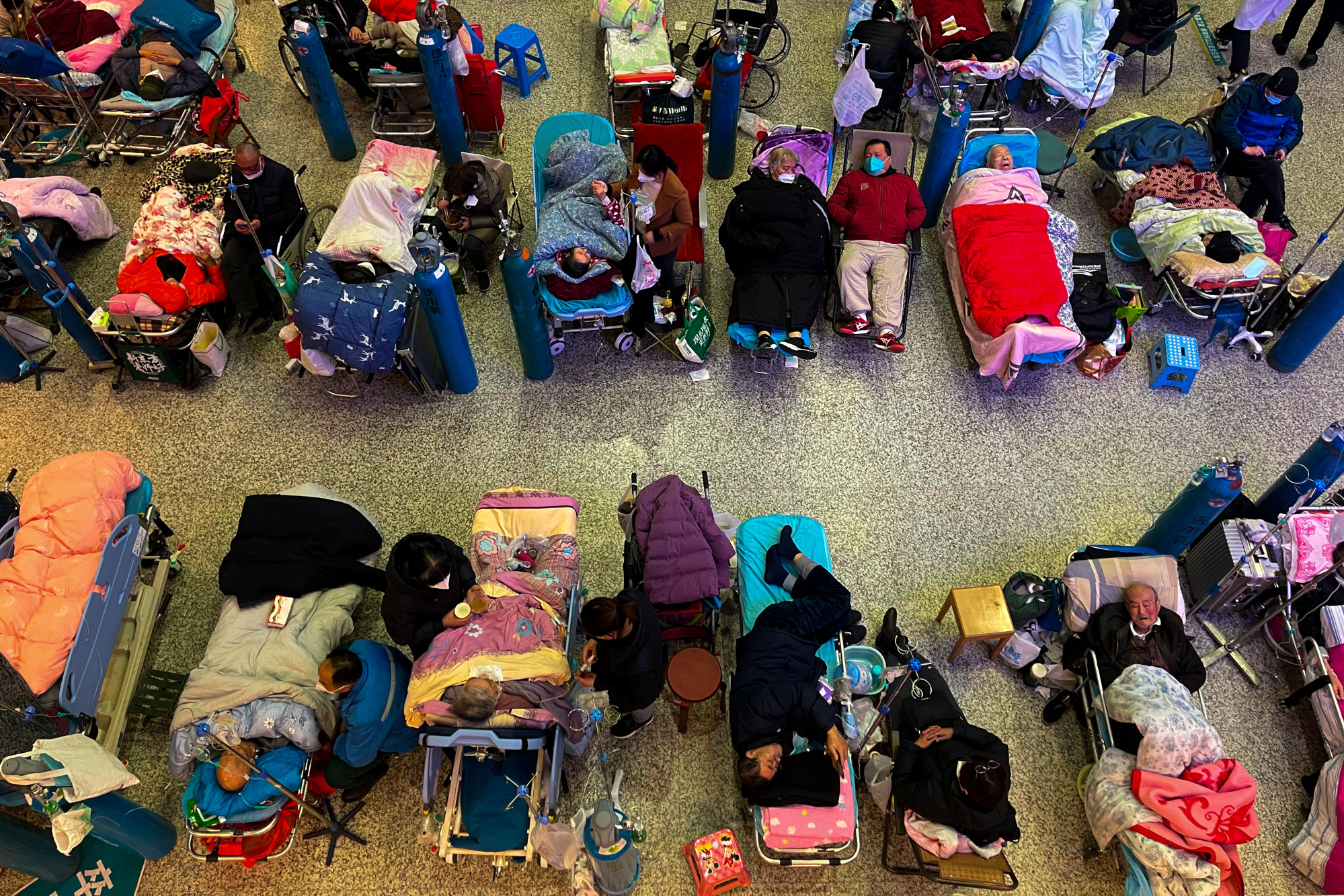
As director of the Shanghai Science and Technology Innovation Center, Zhang signed a memorandum of understanding with the University of Hong Kong (HKU) to work towards that goal at the annual Pujiang Innovation Forum held in Hong Kong in late April.
As part of the project, experts in climate change, public health, infectious disease control, and public policy will be brought together for research at the Center for Contemporary China and the World (CCCW) at the University of Hong Kong.
According to the CCCW, resident and non-resident experts will “pursue original research, establish a regular monitoring system, and provide a platform for public policy discussion.”
“Using this platform, infectious disease experts and microbiologists can collaborate with environmental and climate experts to jointly conduct in-depth research on climate change and infectious diseases.” said Mr. Zhang.
Zhang and other mainland experts will begin their work alongside their Hong Kong counterparts, but preparing for the next pandemic will require researchers from around the world to work together.
Science will be needed “from many different angles and levels” to provide policy experts and governments with as much evidence as possible to use when developing disease management strategies.
As part of the work with CCCW, an information sharing platform will be built, “so that we scientists have a system that we can use to communicate,” Zhang said.
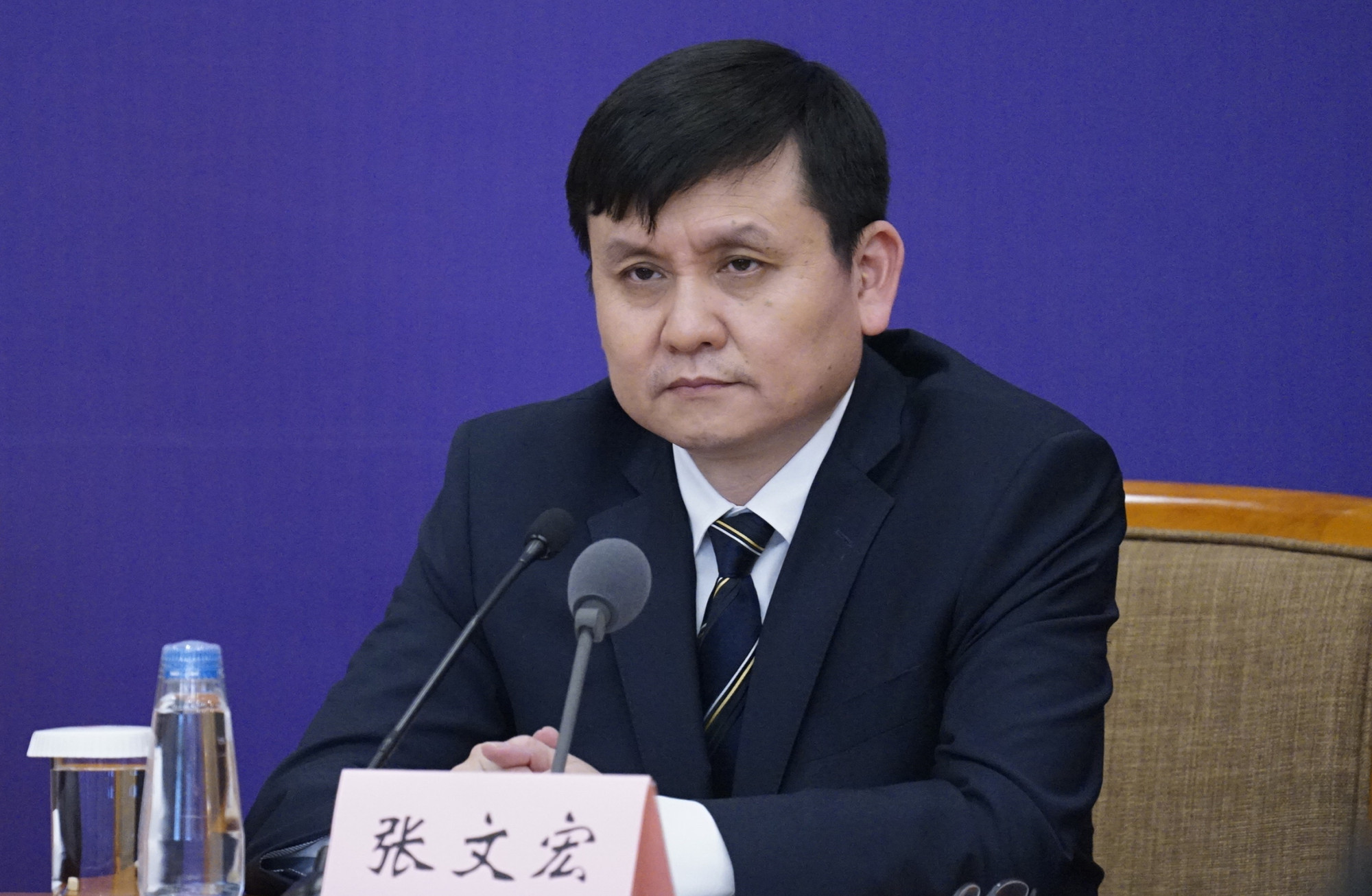
The research scientists are currently working on will build on research conducted over the past few years since the coronavirus pandemic.
In addition to preparing to manage future pathogen outbreaks, scientists are also concerned about how climate change will affect the treatment of infected patients.
Antimicrobial resistance (when bacteria, parasites, viruses, and fungi develop resistance to the drugs meant to kill them) is also a growing challenge.
Zhang said that in 2019, 1.27 million people worldwide died as a direct result of antibiotic resistance.
“The issue that scientists around the world agree on is that by 2050, drug resistance will kill 10 million people a year,” Zhang said. This is the same number of people who currently die from cancer each year.
Until now, research into drug resistance has been divided between clinicians, who research treatments, and pharmacologists, who try to create new antibiotics.
“However, we have found that the emergence of drug resistance is faster than the emergence of antibiotics,” Zhang said.
Research on how climate change and antimicrobial resistance are linked is “currently lacking,” he said, but expanding the field should be an important part of pandemic preparedness.
One of the proposed strategies is One Health. This is an effort that WHO describes as an integrated global approach that brings together different sectors of society to collaborate on issues such as managing global health threats.
This includes researchers, doctors, government officials, world organizations, and the international community.
Although the world officially emerged from COVID-19 lockdowns last year, how the virus mutates and evolves “remains a major concern,” Zhang said.
“We will also observe how the coronavirus spreads from natural reservoirs to human society,” he said. This is because the habitat area for vectors is expanding.
“That will have important implications for the future.”

